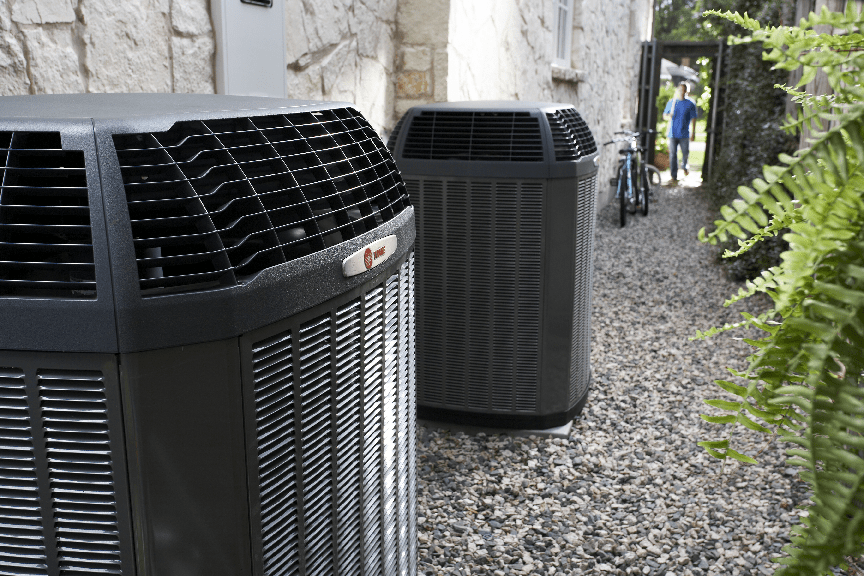Want to save with Paschal? Don’t miss our current offers and specials

Want to save with Paschal? Don’t miss our current offers and specials
Return to Paschal Resource & Education Hub

As a homeowner, you want to make sure that you have a reliable and energy-efficient HVAC system to keep your home comfortable throughout the year. One option you may have heard of is a heat pump, which is an increasingly popular alternative to traditional heating and cooling systems. In this article, we’ll dive into the details of how heat pumps work, their benefits, and how they compare to traditional HVAC systems. Whether you’re looking to upgrade your current HVAC system or are curious about the latest technology, this article will provide you with the information you need to make an informed decision.
A heat pump is a type of HVAC system that uses refrigerant to transfer heat between the inside and outside of your home. Unlike traditional HVAC systems, which rely on combustion or electric resistance heating, heat pumps work by moving heat rather than creating it. This makes them highly efficient, as they can deliver up to three times more heat energy than the electrical energy they consume.
Heat pumps operate using a simple cycle of refrigerant compression and expansion. In cooling mode, the refrigerant absorbs heat from the indoor air and carries it outside, where it releases the heat into the outdoor air. In heating mode, the cycle is reversed, with the refrigerant absorbing heat from the outdoor air and releasing it into your home’s indoor air.
One of the key components of a heat pump is the reversing valve, which switches the flow of refrigerant between heating and cooling modes. This allows the heat pump to function as both a heating and cooling system, making it a versatile choice for homeowners.
There are several types of heat pumps available, each with its own advantages and disadvantages. Here are some of the most common types:
There are several benefits to choosing a heat pump for your home’s HVAC system. Here are some of the most significant advantages:
While heat pumps offer many benefits over traditional HVAC systems, they also have some drawbacks. Here’s how they compare:
Overall, heat pumps offer many benefits over traditional HVAC systems, including energy efficiency, versatility, and durability. However, they may not be the best choice for every home, depending on factors such as climate, installation costs, and maintenance requirements. If you’re considering a heat pump for your home’s HVAC system, it’s essential to consult with a professional HVAC technician to determine if it’s the right choice for your needs.
At Paschal Air, Plumbing & Electric, we specialize in heat pumps for installation, repairs, and maintenance. Our team of experienced technicians can help you determine if a heat pump is the right choice for your home’s HVAC needs and provide expert installation and maintenance services to keep your system running smoothly. Contact us today to learn more about how we can help you achieve optimal comfort and energy efficiency in your home.